Self Build or Renovate: Which is the Best Route to Your Perfect Home?
When taking on a renovation project, many people end up as accidental self builders. Once they’ve moved in, they soon realise the building is not fit for purpose and begin formulating a redesign to sort it out.
Once the plans have been drawn up and the quotations come in, it’s not unusual to find that costs are much higher than expected. Inevitably, the dilemma of whether it’s better to renovate or replace then needs to be dealt with.
Of course, it doesn’t always make sense to tear down your home. The correct decision can only be arrived at by taking a logical, step-by-step approach to understand what’s involved and consider the alternatives, with a good measure of personal preference thrown in.
1. Start With the Numbers
Whether we like it or not, all projects have their budget limits, so this must be the starting point. By doing a bit of initial research, you can quickly work out how far your money will stretch and decide if you’re limited to a minor renovation or have enough money to take on a major remodel or knock down and rebuild.
find out how much it costs to build a house
2. Identify What You’re Trying to Achieve
The size and scale of a refurbishment project will depend on what problems you’re trying to fix. If the layout is fine but the house is not very thermally efficient, it could just be a case of improving the insulation and making good the finishes.
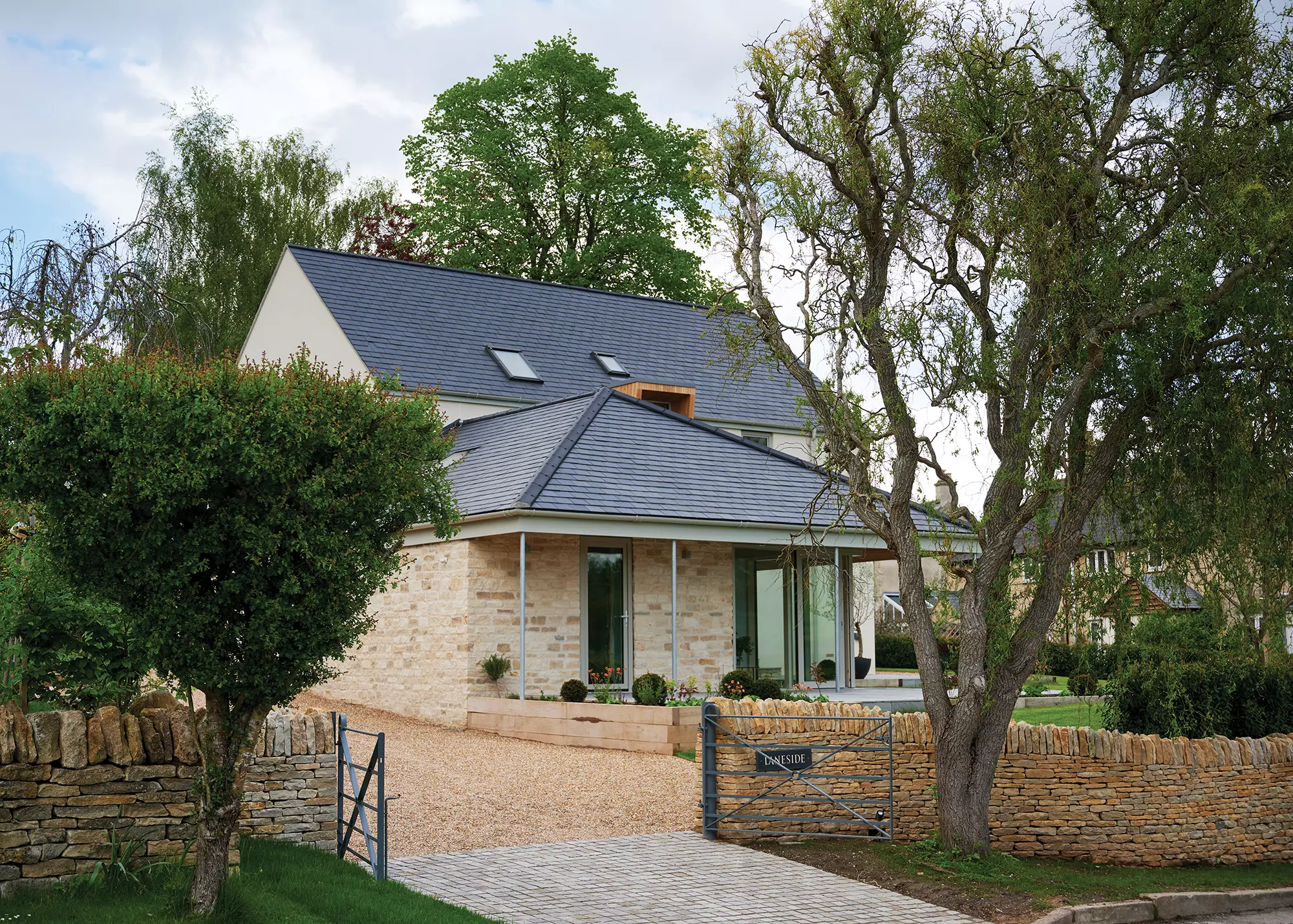
Build It readers Suzie and Sam Andrews initially intended to renovate the 1960s two-bed house they purchased in Gloucestershire. However, the couple quickly opted for a knock down and rebuild due to the poor condition of the house and its north- facing garden. The result is this 213m², four-bed family home. Photo: Adam Carter
If you need more space, an extension could be needed along with some remodelling to perhaps open up a larger living area and introduce a kitchen diner. If you’re trying to improve the kerb appeal, it might be necessary to alter the elevations with new windows and claddings to achieve a modern look. But bear in mind, the further you go, the greater the expense and the more likely a knock down and rebuild could be a better option.
3. Develop a Design Brief
Once you know what you want, it’s then best to work with a designer to develop a brief, come up with a conceptual plan and create a detailed scope of work. When renovating, and particularly with remodelling, there will always be restrictions on what can be achieved, so make sure the design process fully considers what’s involved to flush out the best solution.
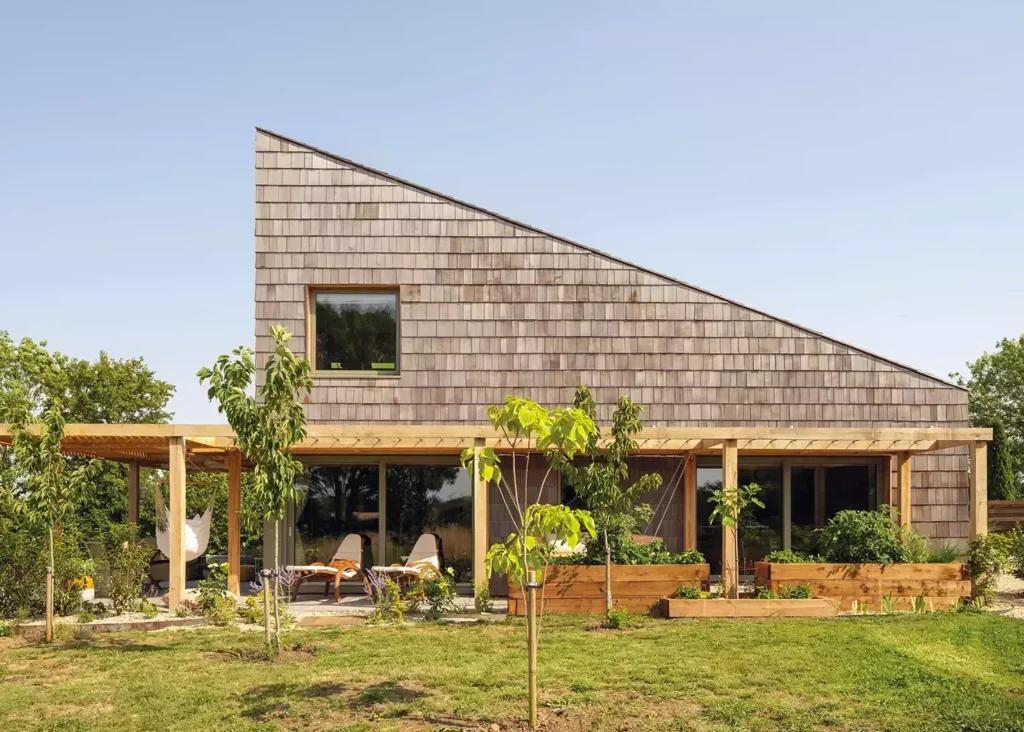
After finding the perfect plot in the Suffolk countryside, Steve and Suzanne Richardson worked enlisted Cocoon Architects to bring their design ideas to life, and Frame Technologies to erect their home’s efficient timber frame shell. Photo: Matthew Smith
Before the designer puts pen to paper, insist that a detailed site investigation is completed to eliminate surprises and make sure the elements of the house (walls, floor, roof and building services) are good enough to be worth improving, and will hold up under the proposed work.
4. Finalise Your Renovation or Self Build Budget
Once you have a project design, you can work out a budget to achieve it. It’s notoriously difficult to provide cost estimates for extensions and refurbishment projects, because the work that’s involved in making the existing house better is difficult to predict until you begin to uncover things. There’s always an element of negative construction, and until the demolition and making good have all been completed, the builders may not have an accurate idea of what the cost is going to be.
Renovation costs are therefore as unique as the project and will depend on what’s involved and how good the existing structure and finishes are. An extension often involves the most expensive rooms (kitchen etc).
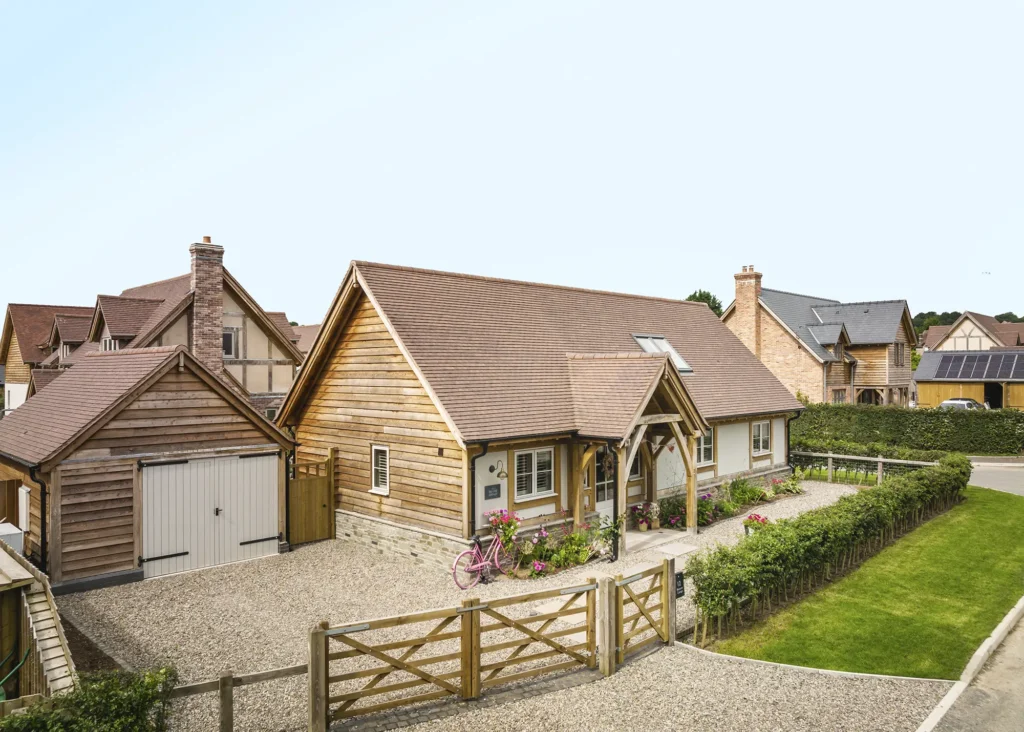
Caroline was recommended Oakwrights’ custom build site in Herefordshire, Webbs Meadows. The site came with planning permission and utilities in place, giving her the confidence to project manage the build herself and tailor its details to her exact requirements. The oak frame self build cost a total of £297,168. Photo: Mark Watts
As well as needing adaptations to integrate into the existing building, they usually incorporate all the costly elements such as house foundations, roofs, cabinets and bathroom suites etc. This can mean the building cost per square metre is about 20% to 40% higher than the typical figures quoted for new builds. On top of this, work to an existing house is charged at the full VAT rate of 20%, whereas new builds are zero rated under the 431NB VAT notice and so are effectively 20% cheaper.
5. Compare the Costs & Options
In many ways, what I’ve described so far is a fairly mechanical process which will apply to just about every renovation project. What shouldn’t be forgotten though is that the process is iterative and at every stage, the proposals should be questioned and compared against alternatives to check you’re doing the right thing.
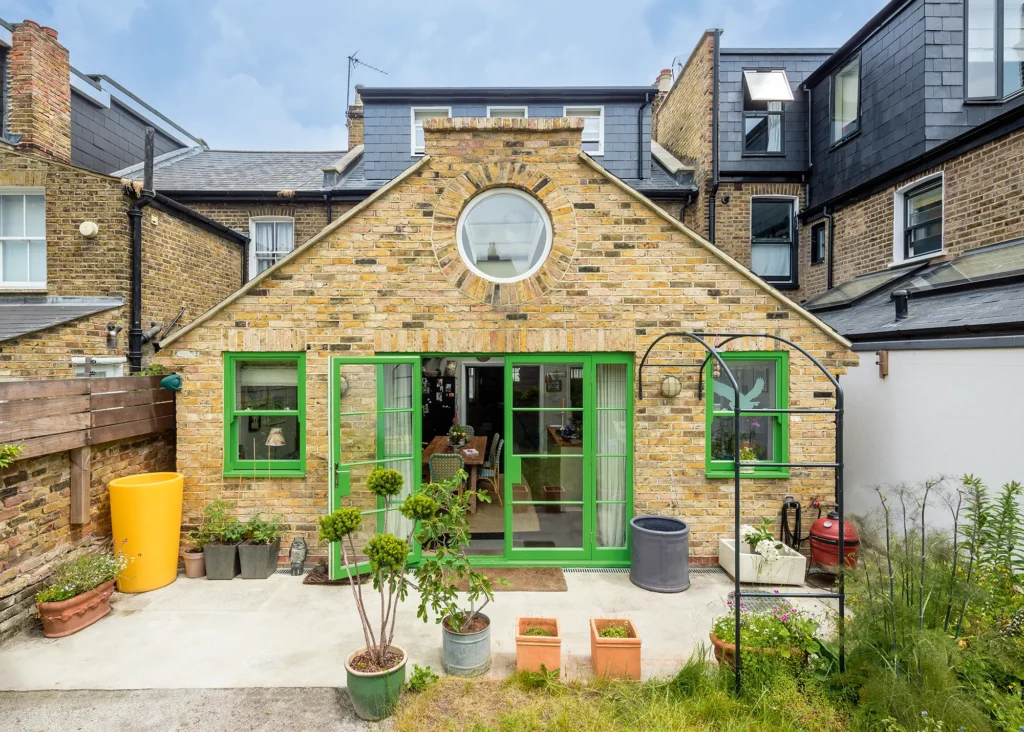
Build it readers Alice Constable Maxwell and George Walker renovated this Victorian terraced house, including adding a light-filled rear extension, plus transforming a 19m² integral garage into extra living space. Photo: Simon Maxwell
So, coming back to the exam question – should you renovate or rebuild? An ambitious remodelling and extension project will leave precious little of the original house untouched, so it’s fairly obvious that a replacement could be a better option and at the very least, should be investigated. Whatever the plans at the outset, if you’ve followed the process above, you’ll now have a fairly good view of the renovation costs and with this you can start to make some fairly high-level comparisons.
On a self-managed basis, the average self build home costs about £2,300 per m² to build, whereas a single storey kitchen extension could be at least £3,600 per m² once VAT has been allowed for. This effectively means that you can build a 156m² new house for the same price as a 100m² extension (£360,000).
Knock down and rebuild projects – what are the advantages?
|
If you take this a little further and consider the value of the finished home, the choice of whether to renovate or replace becomes a bit more obvious. As an example, you could buy a 100m² house as a renovation project for, say, £400k and after remodelling (£100k) and extending by 83m² (£300k), spend a further £400k. So, all in, the project will cost £800k and provide 183m² of floor space.
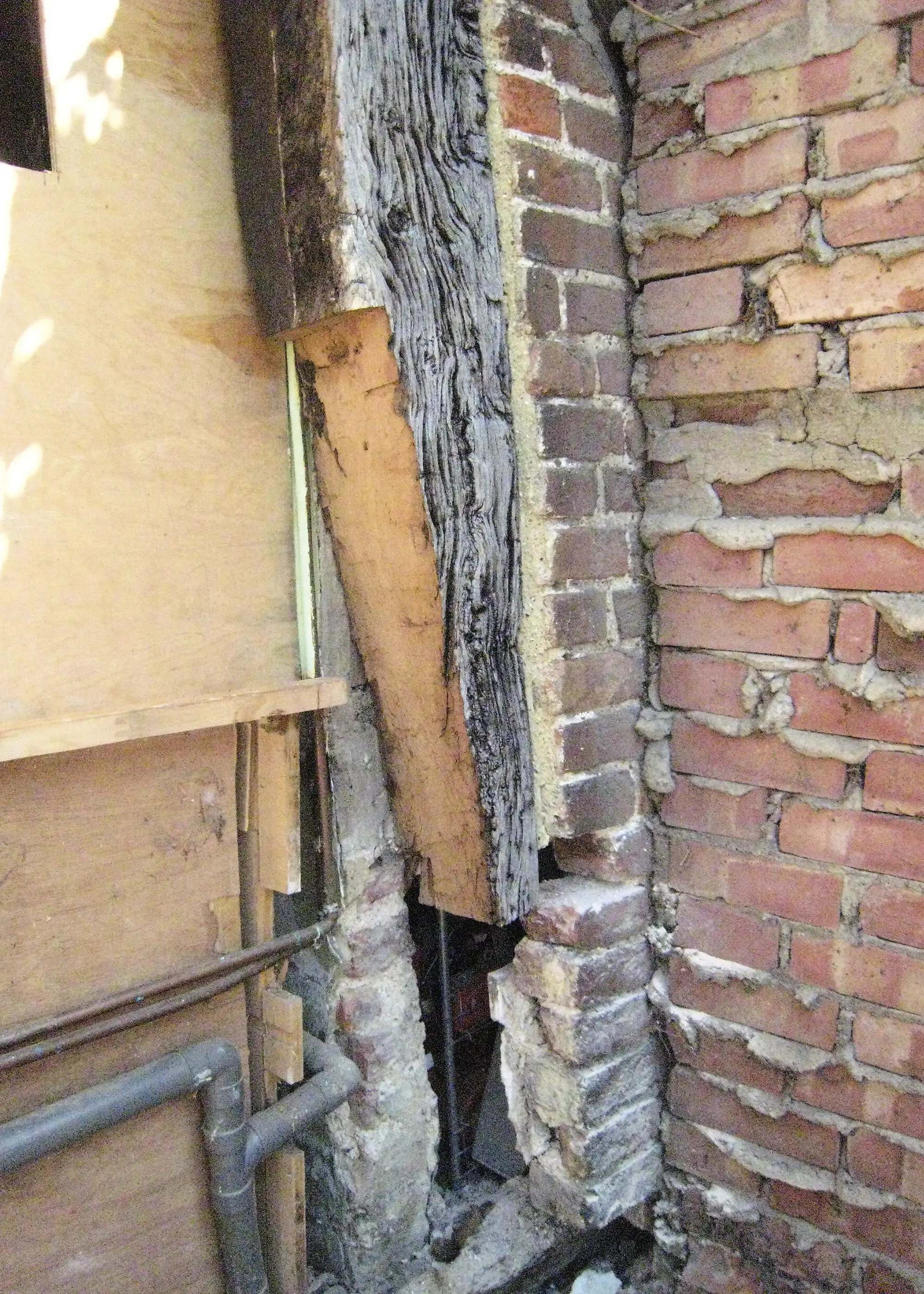
Renovating an old property often involves restoring or repairing period features, like these structural timbers. You’ll need to factor in the extra time and costs for work such as this to be carried out carefully by specialist trades
Alternatively, with an average rebuild cost of £2,300 per m² and no VAT, it’s possible to build a new 174m² house for that £800k budget. This could be worth far more with the benefit of a modern design, cohesive floor plan, 10-year new home warranty and lower running costs due to the energy efficiency of being an entirely new build.
In this theoretical situation, the glaring omission is the one that any developer would have spotted – what’s the value of the finished house? If you paid £400k for the house and then knocked it down for £20k, the plot will have cost £420k.
If you then decided to spend a further £400k building a new house, could it really be worth over £820k? It’s highly unlikely. You may consider the end value of the home an irrelevance, but whichever route you select, you should always have an eye for the basic economics to justify your investment.


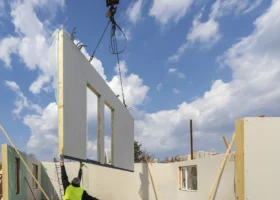
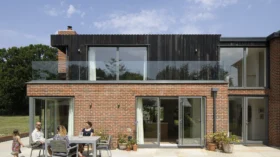
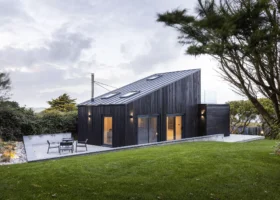
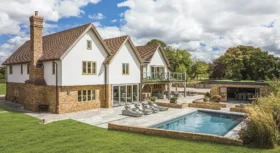
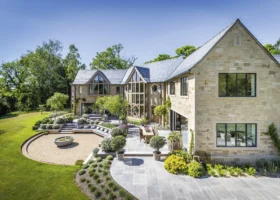
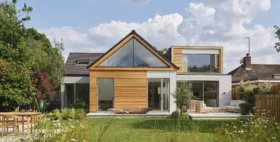
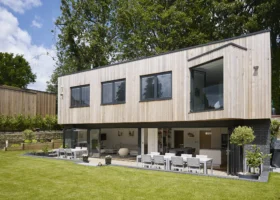

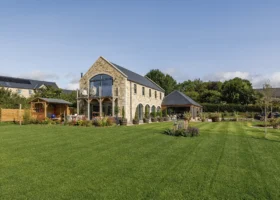

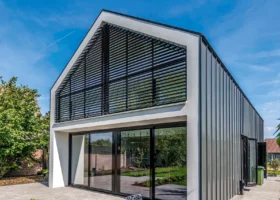

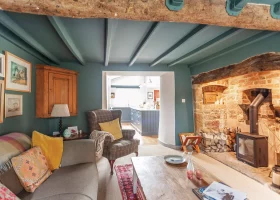
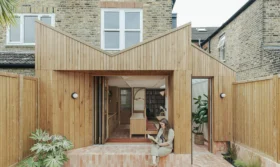
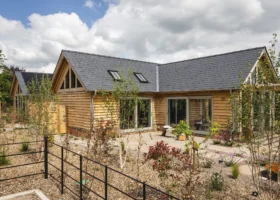
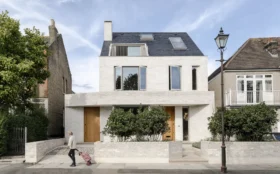
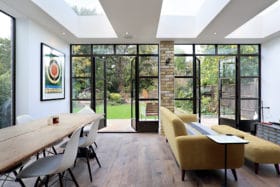
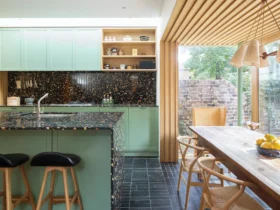

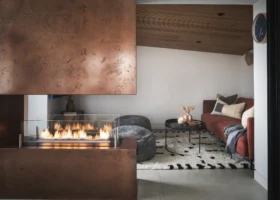
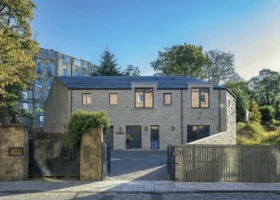
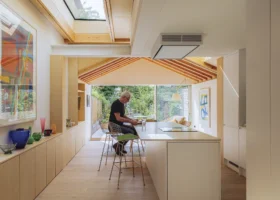
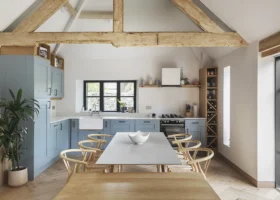
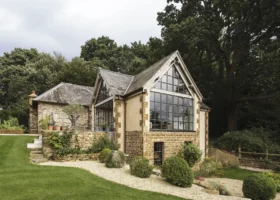
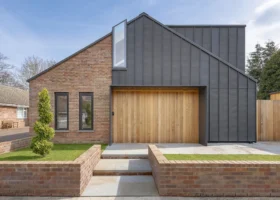
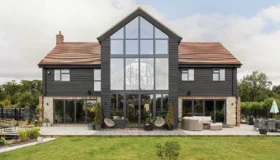
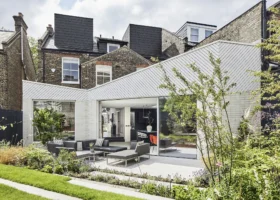
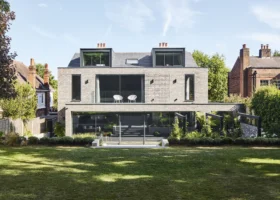
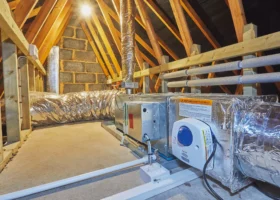
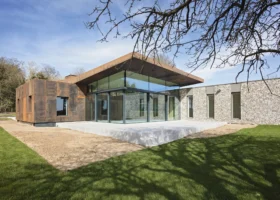
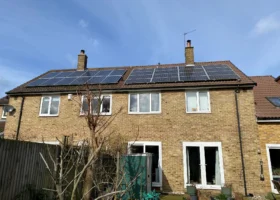
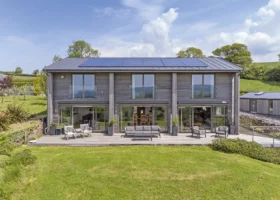
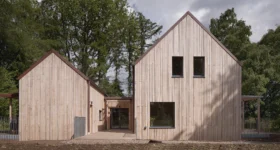
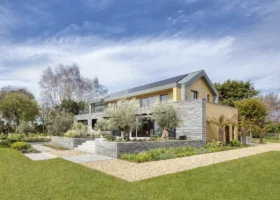
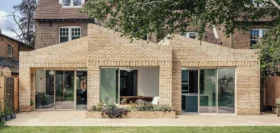
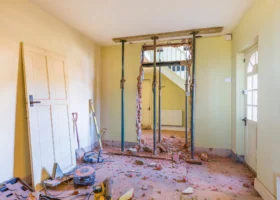
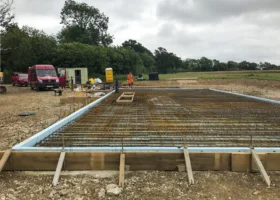
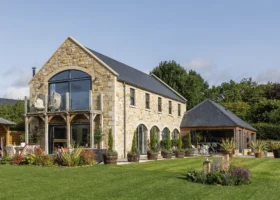
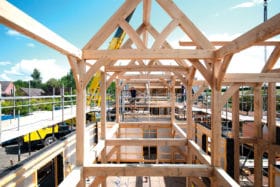
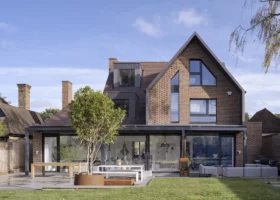
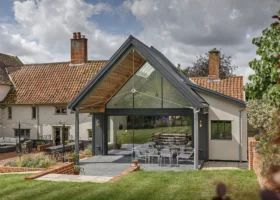
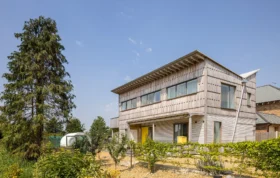
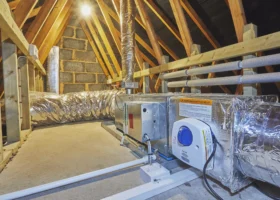
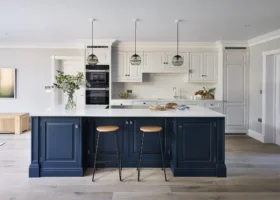
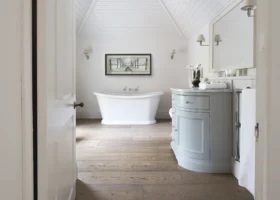
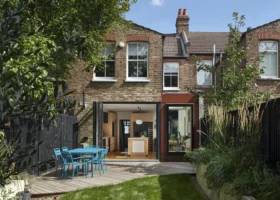
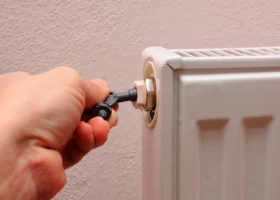

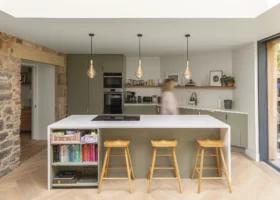
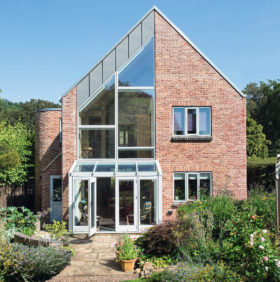
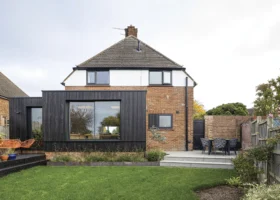
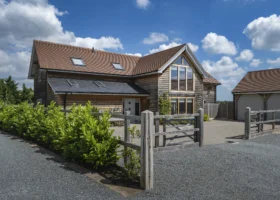
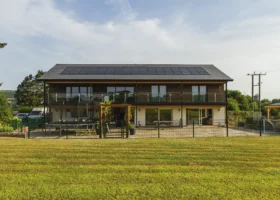
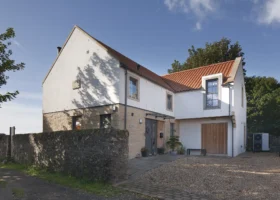


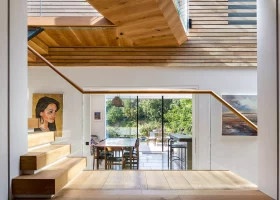
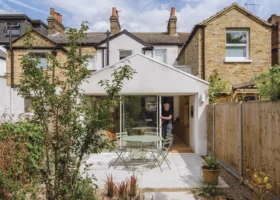
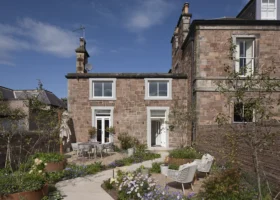
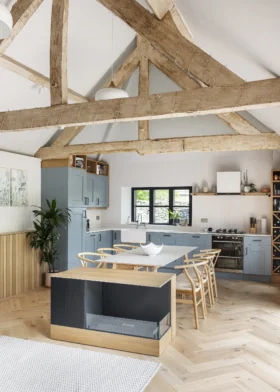
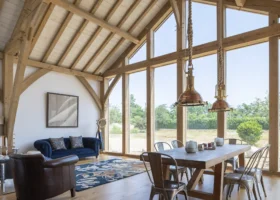










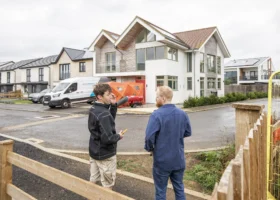








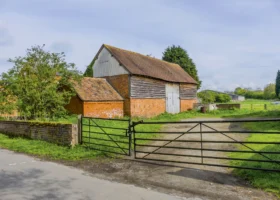
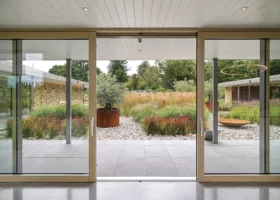


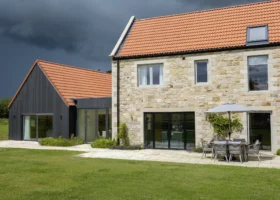
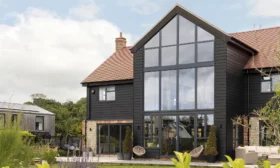
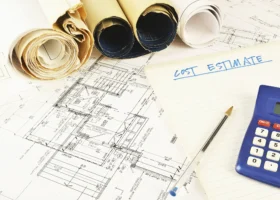

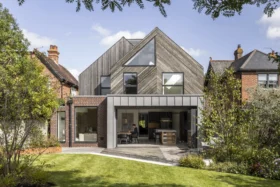









 Login/register to save Article for later
Login/register to save Article for later



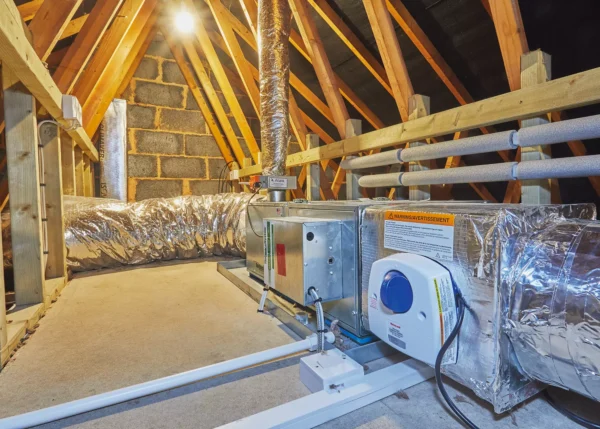

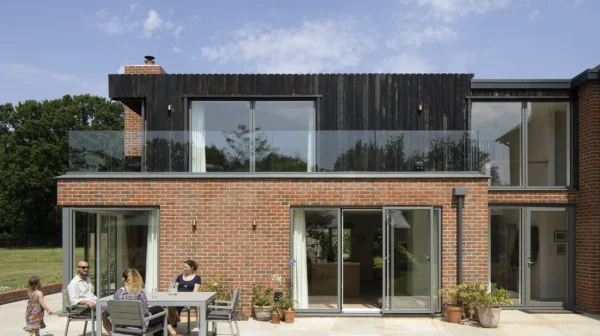
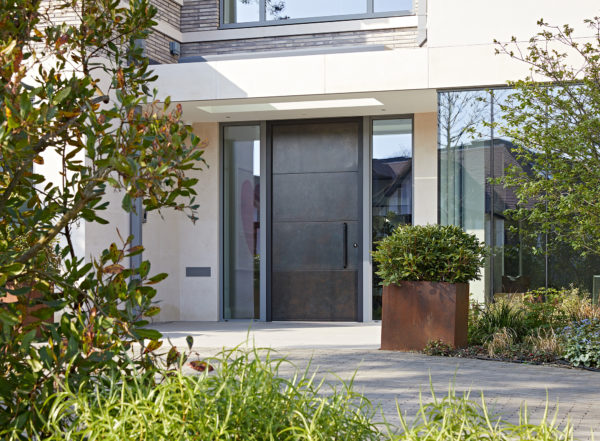

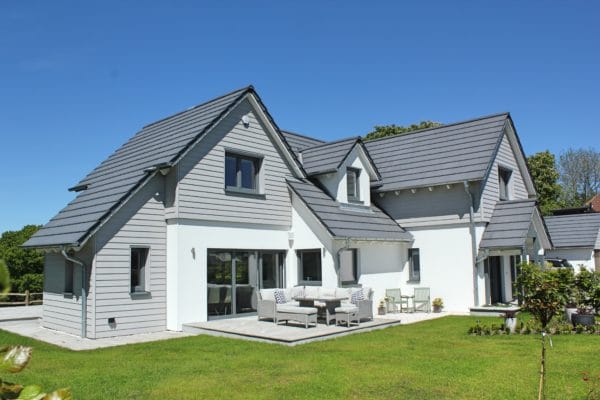
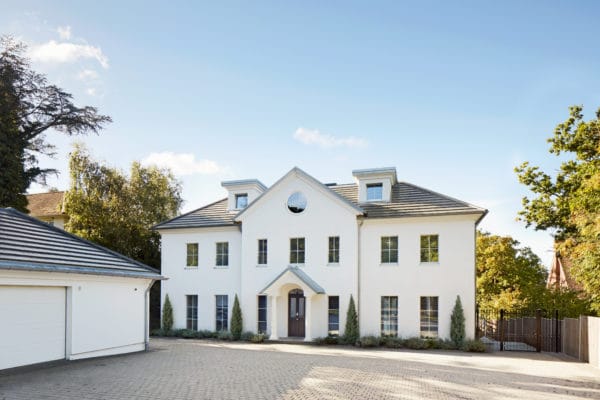




Comments are closed.